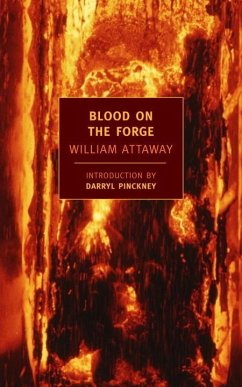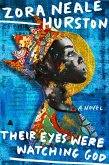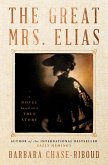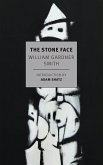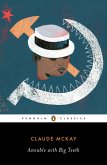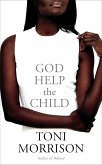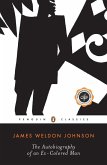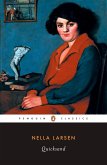This brutally gripping novel about the African-American Great Migration follows the three Moss brothers, who flee the rural South to work in industries up North. Delivered by day into the searing inferno of the steel mills, by night they encounter a world of surreal devastation, crowded with dogfighters, whores, cripples, strikers, and scabs. Keenly sensitive to character, prophetic in its depiction of environmental degradation and globalized labor, Attaway's novel is an unprecedneted confrontation with the realities of American life, offering an apocalyptic vision of the melting pot not as an icon of hope but as an instrument of destruction. Blood on the Forge was first published in 1941, when it attracted the admiring attention of Richard Wright and Ralph Ellison. It is an indispensable account of a major turning point in black history, as well as a triumph of individual style, charged with the concentrated power and poignance of the blues.
Dieser Download kann aus rechtlichen Gründen nur mit Rechnungsadresse in A, B, BG, CY, CZ, D, DK, EW, E, FIN, F, GR, HR, H, IRL, I, LT, L, LR, M, NL, PL, P, R, S, SLO, SK ausgeliefert werden.
"In his Blood on the Forge, William Attaway presents with skill the impact of industrial life on the simple black folk who fled the plantations of the South .[I]t will add a new and better knowledge of American civilization. The reality that Attaway depicts is not beautiful, but it is none the less moving and human for that." Richard Wright
"Spanning two areas and eras of Negro experience, those of the semi-feudal plantation and the industrial urban environment, Attaway s source material receives its dynamic movement from the clash of two modes of economic production. The characters are caught in the force of a struggle which, like the steel furnace, roars throughout its pages .Attaway has proven himself one of the most gifted Negro writers." Ralph Ellison
[Blood on the Forge] is incredibly violent. . . There is a certain absolute vividness to what is being told here, it is brutality being made absolutely plain. . . Brilliant. Marlon and Jake Read Dead People Podcast
"Spanning two areas and eras of Negro experience, those of the semi-feudal plantation and the industrial urban environment, Attaway s source material receives its dynamic movement from the clash of two modes of economic production. The characters are caught in the force of a struggle which, like the steel furnace, roars throughout its pages .Attaway has proven himself one of the most gifted Negro writers." Ralph Ellison
[Blood on the Forge] is incredibly violent. . . There is a certain absolute vividness to what is being told here, it is brutality being made absolutely plain. . . Brilliant. Marlon and Jake Read Dead People Podcast
"In his Blood on the Forge, William Attaway presents with skill the impact of industrial life on the simple black folk who fled the plantations of the South .[I]t will add a new and better knowledge of American civilization. The reality that Attaway depicts is not beautiful, but it is none the less moving and human for that." Richard Wright
"Spanning two areas and eras of Negro experience, those of the semi-feudal plantation and the industrial urban environment, Attaway s source material receives its dynamic movement from the clash of two modes of economic production. The characters are caught in the force of a struggle which, like the steel furnace, roars throughout its pages .Attaway has proven himself one of the most gifted Negro writers." Ralph Ellison
[Blood on the Forge] is incredibly violent. . . There is a certain absolute vividness to what is being told here, it is brutality being made absolutely plain. . . Brilliant. Marlon and Jake Read Dead People Podcast
"Spanning two areas and eras of Negro experience, those of the semi-feudal plantation and the industrial urban environment, Attaway s source material receives its dynamic movement from the clash of two modes of economic production. The characters are caught in the force of a struggle which, like the steel furnace, roars throughout its pages .Attaway has proven himself one of the most gifted Negro writers." Ralph Ellison
[Blood on the Forge] is incredibly violent. . . There is a certain absolute vividness to what is being told here, it is brutality being made absolutely plain. . . Brilliant. Marlon and Jake Read Dead People Podcast

